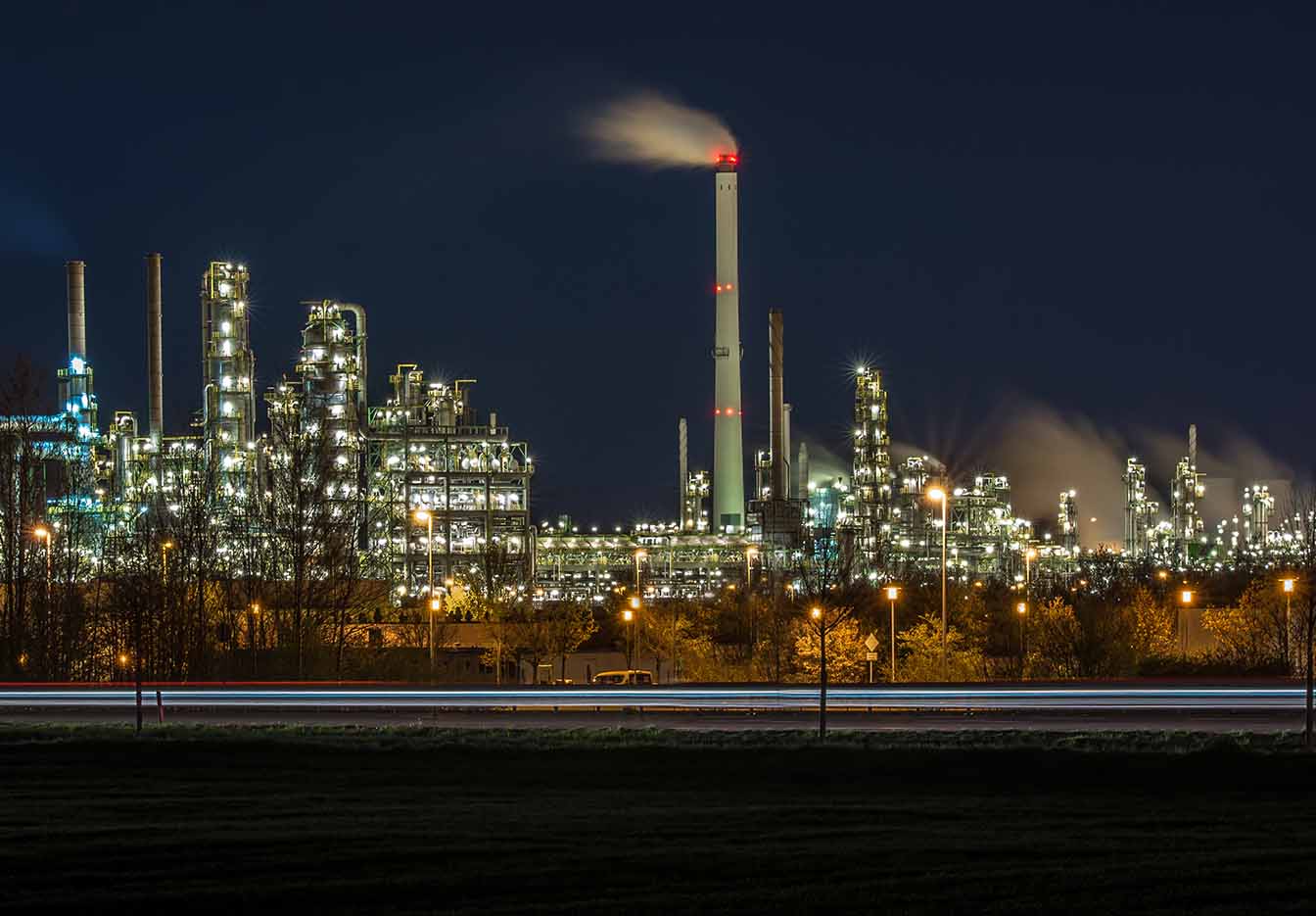A White Paper recently launched identifies that the use of thermal energy storage in industrial processes could reduce carbon emissions across Europe by as much as 513Mt per year.
“Industrial thermal energy storage (TES) can provide a wide array of benefits, such as catalysing an increase in the proportion of renewable energy supply, facilitating surplus heat recovery, and decoupling energy supply and demand for smart energy usage. It can also provide a means to store cheap, off-peak electricity as thermal energy, and use stored thermal energy as energy backup to support robust operation. Additionally, TES technologies help to maintain electricity grid stability and reduce congestion through the ability to shave peaks in electric and thermal loads.”
The White Paper “Industrial Thermal Energy Storage – Supporting the transition to decarbonise industry” has been produced by the European Energy Research Alliance’s Joint Programme on Energy Efficiency in Industrial Processes (EERA JP EEIP), a research alliance which aims to support energy-intensive industry to meet the European net-zero greenhouse gas targets. The Paper has drawn on experts from the UK, Netherlands, Norway, Italy, Spain and Austria who have assessed the impact that this technology could have on existing industry across Europe.



